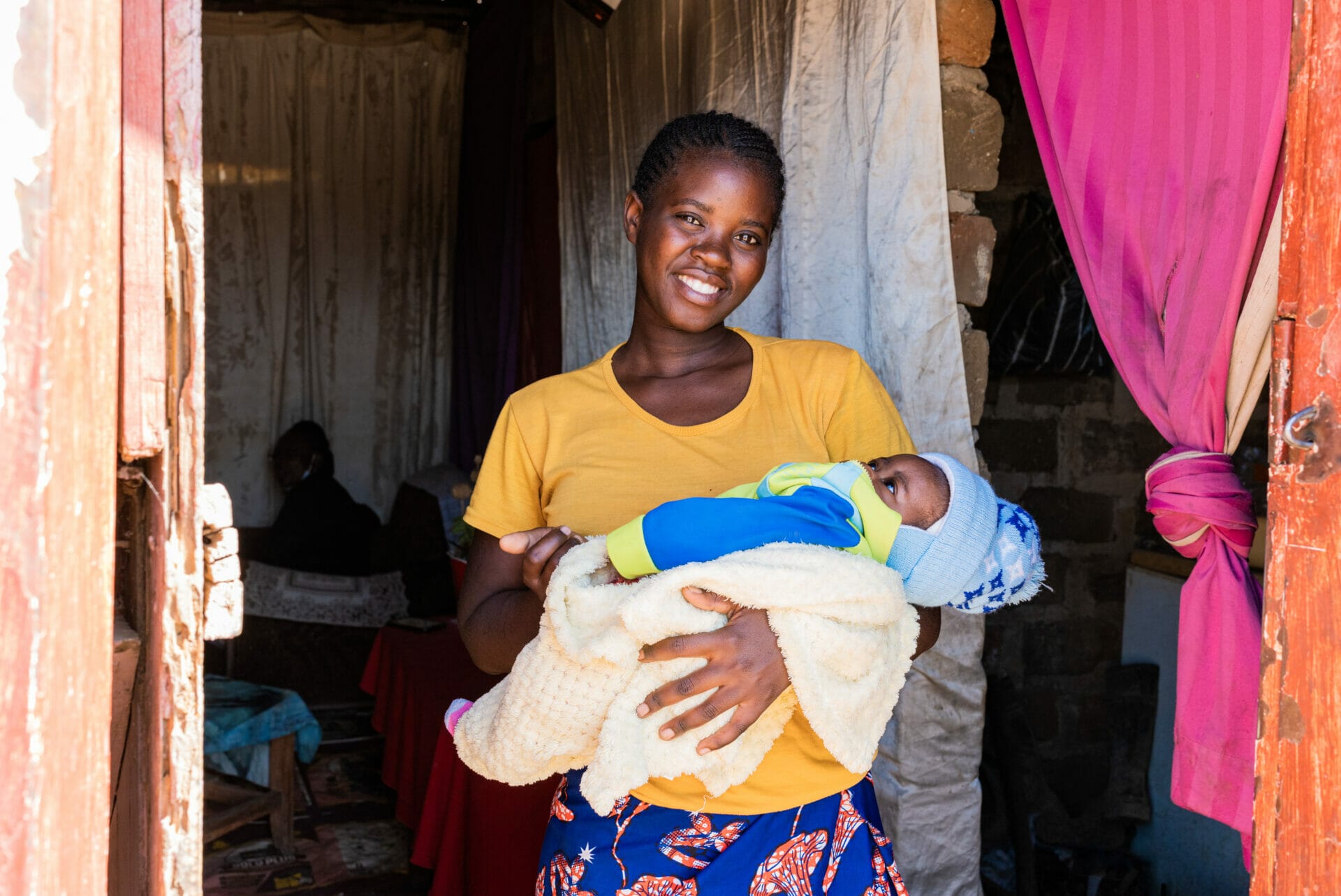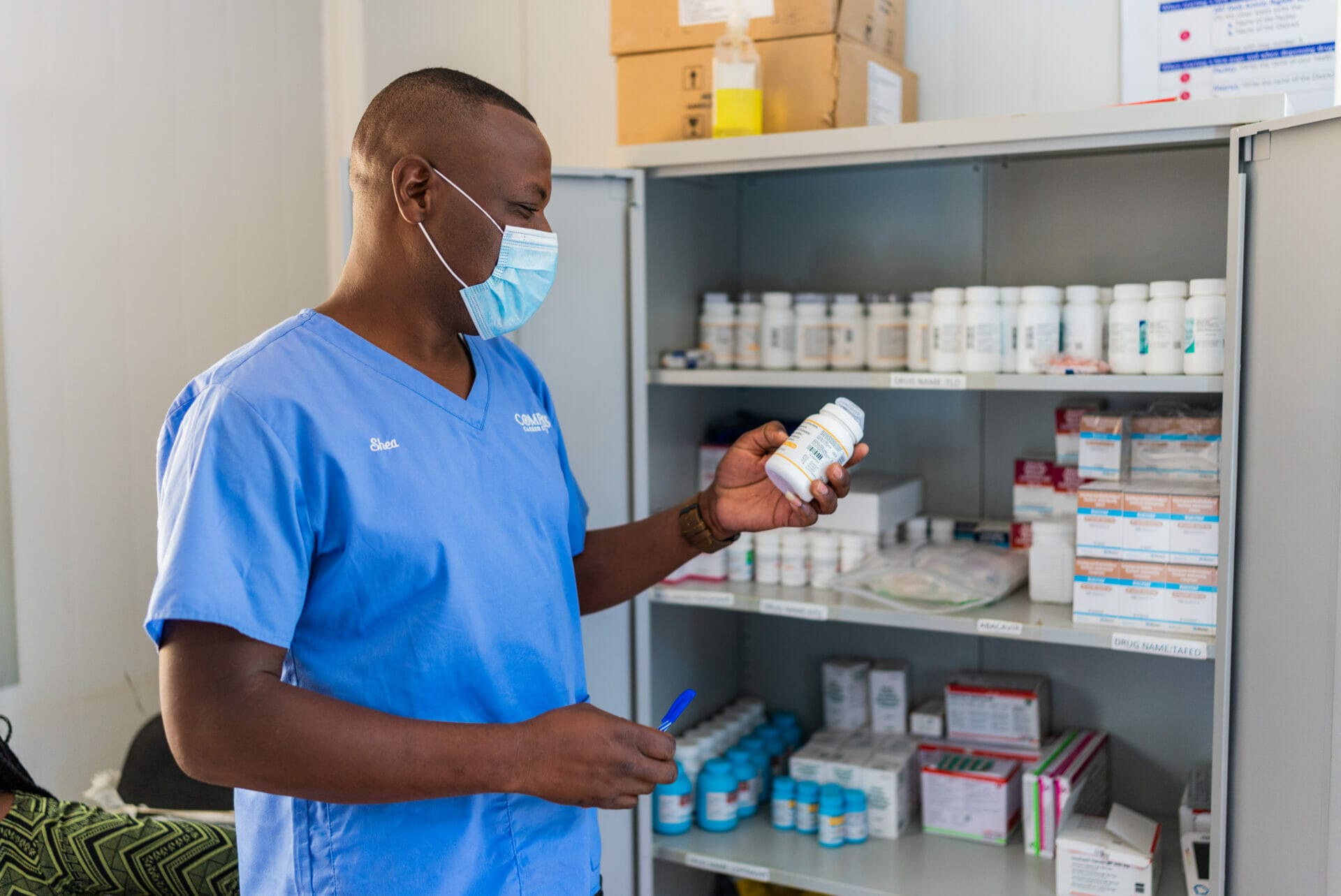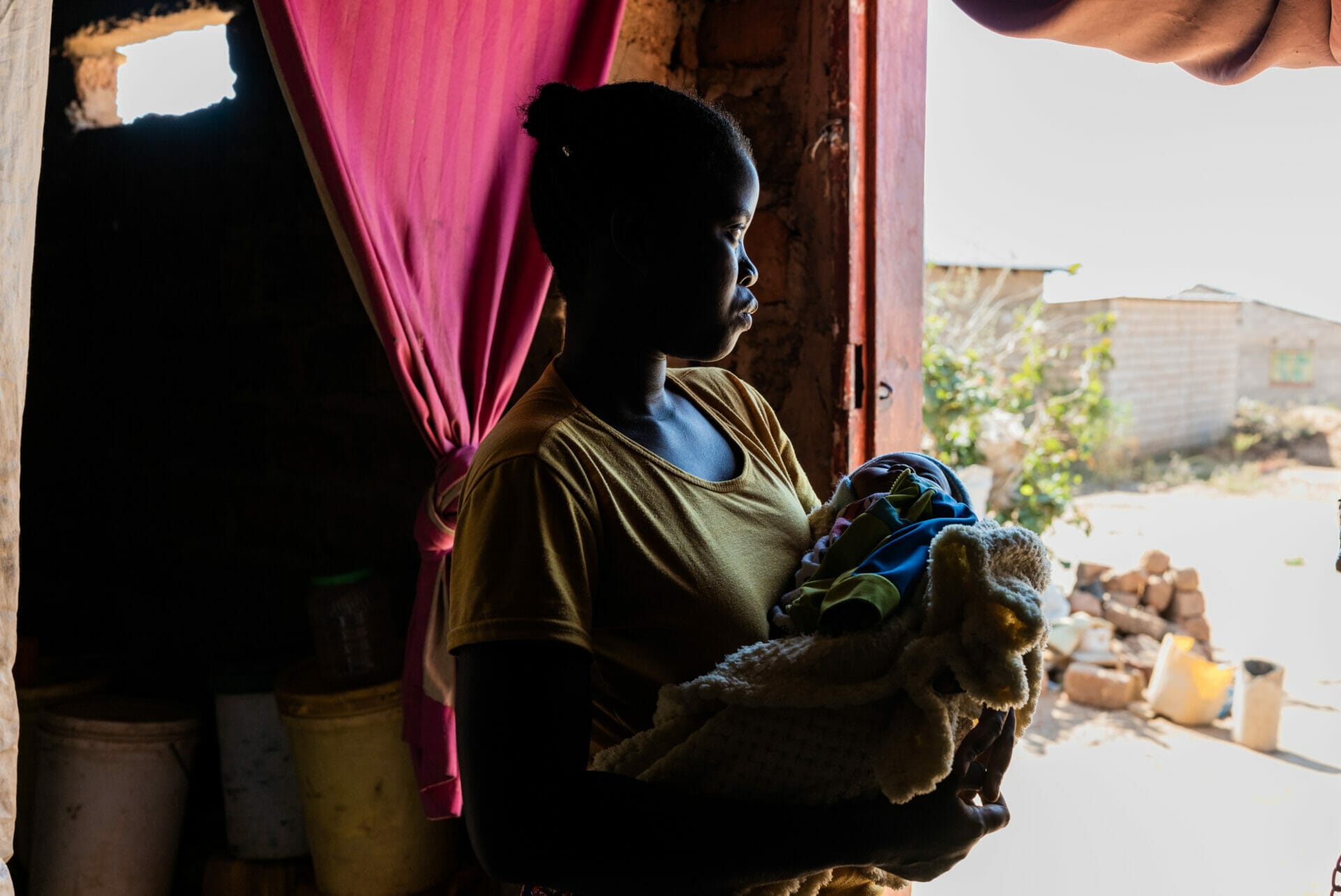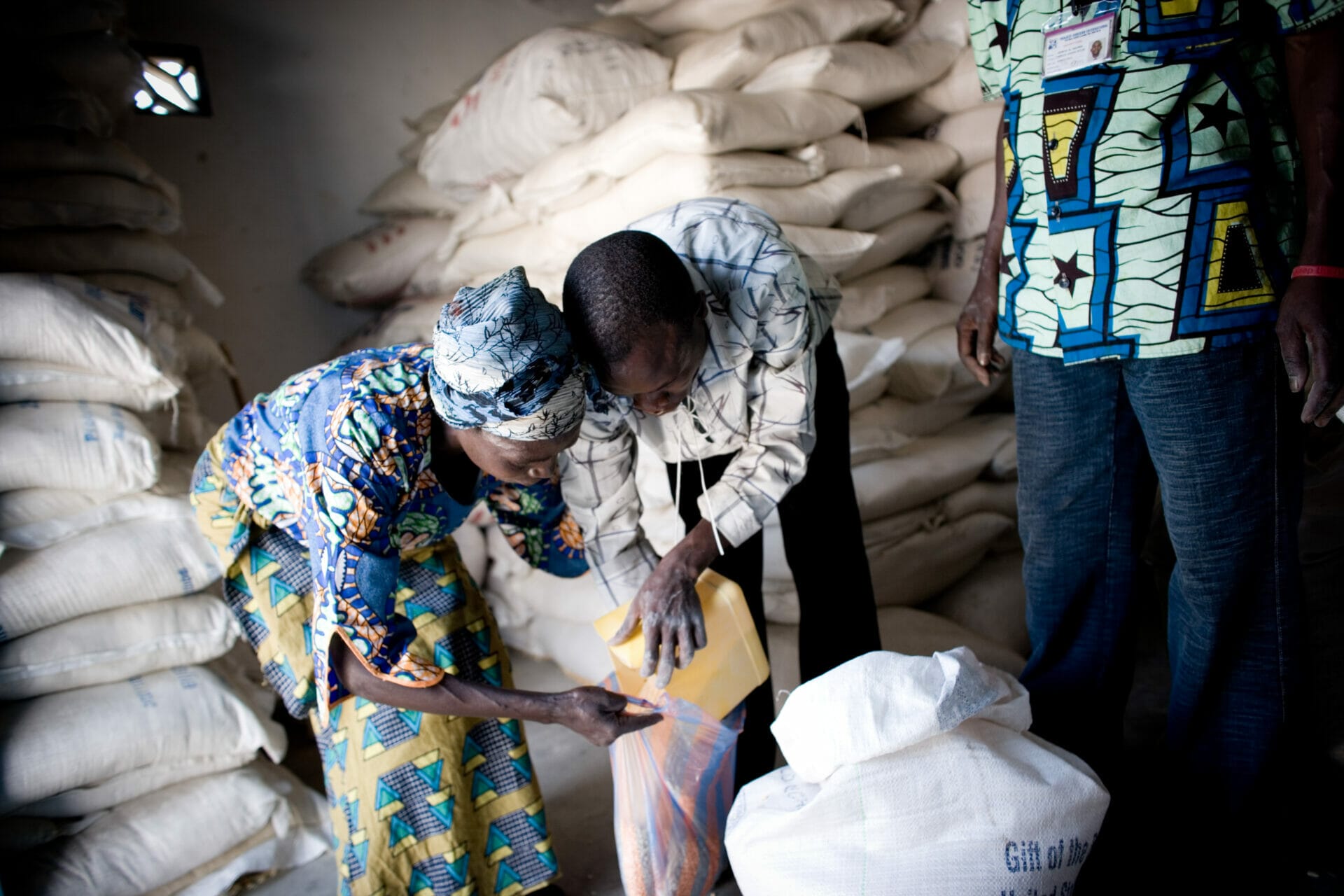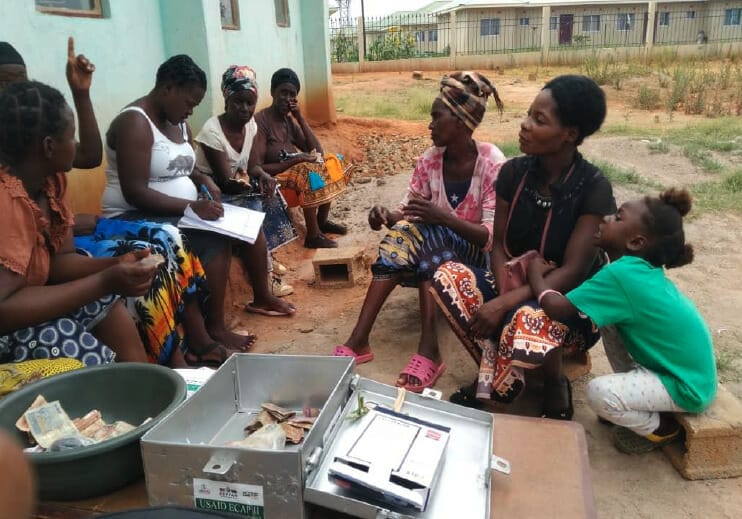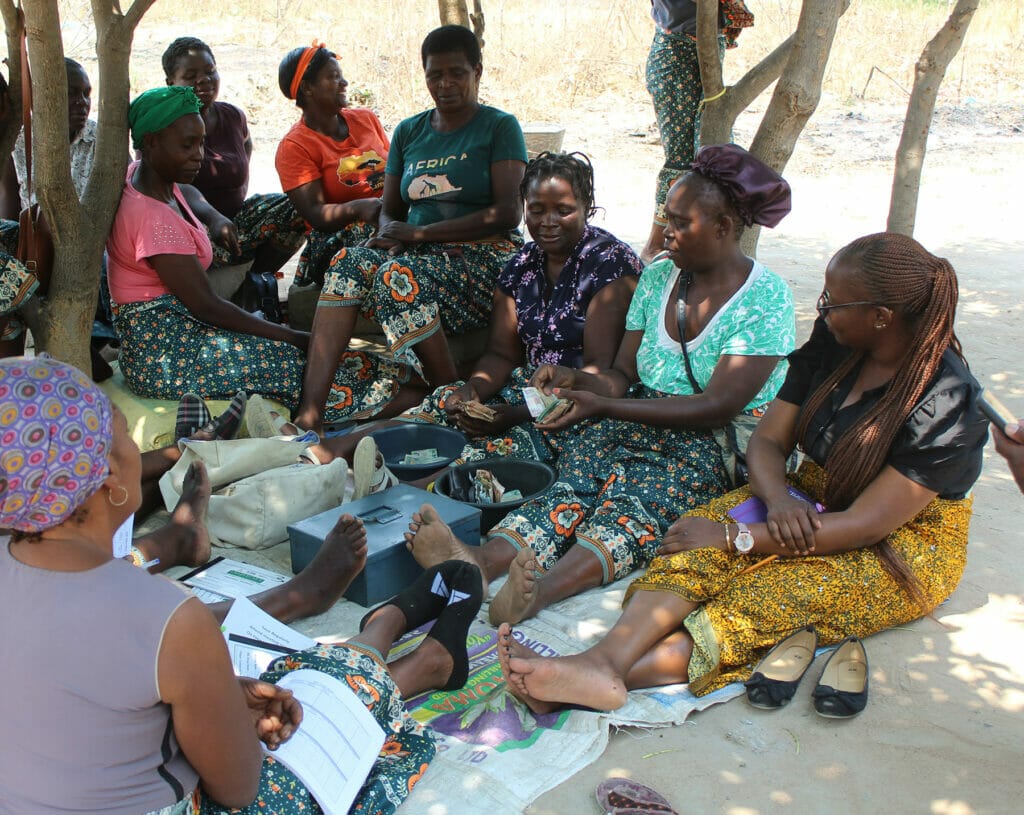The formation of Project Concern Zambia (PCZ) in 2019 was a culmination of an intentional process by Global Communities to transition the management of its HIV/AIDS and related health programs in Zambia, once mature, to an independent, locally-registered entity that is governed and managed by Zambians.
PCZ’s work focuses on contributing to the achievement and sustenance of HIV epidemic control and addressing the upstream vulnerabilities that impede progress towards this achievement such as poverty, inadequate access to education—particularly among adolescent girls and young women (AGYW)—and addressing emerging epidemics that might further hinder progress such as COVID-19.
PCZ collaborates with grassroots, community-led organizations and the local government to reach targeted subpopulations such as children/adolescents living with HIV, AGYW at elevated risk of HIV acquisition, children/adolescents who are survivors of sexual violence, infants who are born exposed to HIV, children of female sex workers, and female caregivers of all the targeted vulnerable children and adolescents.
![]()
Contact PCZ:
Yvonne Mulenga, Executive Director
Lusaka, Zambia | Tel: +260 211 356648
Our Mission
PCZ's mission is to empower communities in Zambia to enhance health, protect and nurture young girls, end hunger and overcome hardship.
Our Vision
PCZ envisions a Zambia in which the most vulnerable people will have the power to lift themselves out of poverty and to create vital, healthy lives for their families and communities now and for the future.
Our Values
RESPECT & HUMILITY
We serve and interact with our participants, donors, partners, and local government with deep respect and humility. We value and deeply respect the unique and diverse backgrounds of everyone. Respect and humility share who we are.
INTEGRITY
We maintain the highest standards of professional and ethical behavior, and value transparency and honesty in our communications, relationships, and actions.
ACCOUNTABILITY
We hold ourselves accountable for the quality and lasting results of our work and for the commitments we make to our participants, beneficiaries, partners, donors and each other.
DIGNITY
We ensure there is equity and fairness in the way we reach and serve our participants, the way we implement all our interventions and distribute donor resources, and the way we operate as an organization.
Improving Resilience and Health Outcomes among Vulnerable Children and Adolescents
PCZ is currently implementing the five-year (October 2020-September 2025) Empowered Children and Adolescents Program II (ECAP II) funded by the United States Agency for International Development (USAID) with support from the President’s Emergency Plan for AIDS Relief (PEPFAR).
PCZ, as the prime partner, leads the implementation of the USAID ECAP II project in 12 districts in Central and Southern Provinces of Zambia. The goal of the program is to improve resilience and health outcomes among vulnerable children and adolescents (VCA) through a sustained, locally-led VCA comprehensive case management service delivery system to ensure VCA are healthy, safe, schooled and stable. These four domains are key in ensuring that services are directly linked or referred, and ultimately ensure epidemic control and sustenance.
With new funding from the Leona M. and Harry B. Helmsley Charitable Trust, PCZ is all implementing the three-year (June 2023-May 2026) Empowered Children and Adolescents Program Plus (ECAP+) as a complementary program to ECAP II. With leveraged resources from Helmsley, PCZ is expanding to new identified hot spot sites with high HIV incidence among children and adolescents in the existing 12 USAID ECAP II districts and scaling up the successful ECAP VCA case management model to three additional underserved HIV high burden districts in Western Province. Both programs are accelerating progress towards eliminating the HIV/AIDS epidemic in Zambia as a public health threat by 2030.
Chimwemwe Teens Project!
Funded by the Neeley Foundation through Global Communities, the Chimwemwe Teens Project! supports complementary activities to the Empowered Children and Adolescents Program—USAID ECAP II. Through this program, PCZ has partnered with Restless Development to integrate into the USAID ECAP II program in Kapiri Mposhi district a youth engagement proof of concept aimed at engaging youths in the design, implementation, monitoring, and evaluation of adolescent-focused HIV prevention programs. Youths known as Adolescents Agents of Change are using program data to hold services providers accountable for the quality delivery of HIV prevention programs for adolescents and young people at risk of HIV acquisition.
6,755
children and adolescents supported through ECAP II in 2022, 95% of whom were virally suppressed
690
adolescent girls and boys were reached through the Chimwemwe Teens Project! in 2022
Recent Programs
Preventing Cervical Cancer in Women Living with HIV/AIDS
Women living with HIV are at least five times more likely to develop cervical cancer than their HIV-negative peers, and they have twice the risk for death from invasive cervical cancer within three years than women who do not have HIV. In 2019, PCZ (then operating as Project Concern International) launched a new program with the support of the U.S. President’s Emergency Plan for AIDS Relief (PEPFAR) and the U.S. Department of Defense HIV/AIDS Prevention Program (DHAPP) to bring health care services directly to women, wherever they are. We partnered with the Zambian Defence Force (ZDF) to provide integrated HIV/cervical cancer testing and screening in mobile and static health sites, ensuring that women who test positive for HIV are linked to treatment services and also screened for cervical cancer. Those who have precancerous lesions are provided with or linked to treatment, improving survival rates for both diseases. Through this low-cost/low-tech approach, the ZDF has expanded cervical cancer screening services to reach more than 35,000 women living in the remotest parts of Zambia and has strengthened referral systems between screening facilities and hospitals.
Saving Mothers, Giving Life
As part of the global initiative Saving Mothers, Giving Life, PCZ (then operating as PCI) strengthened the capacity of seven primary health centers located in districts in Zambia with high neonatal and maternal mortality rates and mobilized community-based Safe Motherhood Action Groups to deliver a continuum of quality facility- and community-based maternal, newborn and child health services. As a result of the program, which ended in 2015, the number of deliveries in the targeted areas with access to skilled personnel nearly tripled and the number of women receiving antenatal care increased from 134 to 670.
Strengthening Laboratory and Supply Chain Systems
PCZ (then operating as PCI), worked with the Zambian Defence Force (ZDF) to strengthen laboratory quality management systems with HIV commodity supply chain management systems in 45 primary health centers. Through this program, primary health centers’ systems were strengthened to ensure reliability and accuracy of HIV diagnostic and related tests including viral load, CD4 count, hematology, chemistry and tuberculosis testing. PCZ also supported the development of an automated supply chain management system in more than 30 primary health centers, so they can provide an uninterrupted supply of lifesaving HIV/AIDS treatment and prophylactic drugs to people living with HIV.
Preventing HIV Transmission in Military Communities
From 2013-2019, Global Communities (then operating as PCI) worked continuously with the Zambia Defense Force to develop and implement HIV prevention strategies that addressed the ethos, cultural, gender and socioeconomic factors contributing to the spread of HIV/AIDS within the military. Funded by the U.S. Department of Defense HIV/AIDS Prevention Program (DHAPP), Global Communities helped implement behavioral interventions by working with over 1,000 military peer educators, 800 youth peer educators and 100 local drama groups. Through one-on-one and small group discussions, peer educators reached more than 71,000 adults and 15,000 adolescents, as well as female sex workers in remote military operation areas. All participants received health education and generated demand for HIV testing, distribution of test kits, condoms and partner notification services. Additionally, 60 percent of the clients reached were linked to biomedical services. Global Communities also helped the Zambia Defense Force reduce the risk of HIV transmission through its laboratory capacity strengthening program, which helps guide treatment choices to prevent HIV infection. Because women living with HIV are particularly vulnerable to cervical cancer due to a compromised immune system, Global Communities partnered with the Zambia Defense Force to integrate cervical cancer “screen-and-treat” services into routine HIV treatment services, which has been carried forward into current programming. In 2018, Global Communities supported the Zambia Ministry of Health to develop a national automated cervical cancer information system “SmartCerv,” which has enabled national reporting of cervical cancer control data and related HIV/AIDS data. (closed in 2019)
Our Work in Zambia
Expanding Economic Opportunity
Supporting Small and Medium-Sized Businesses and Community Savings and Lending Groups
Gender Equality & Social Inclusion
Lifting Marginalized Voices and Investing in Women as Leaders and Men as Allies
Health
Combating Disease, Improving Nutrition, and Ensuring Healthy Mothers, Children and Adolescents
Economic Opportunity
Advancing Job Training and Market Linkages for Sustainable Livelihoods
Sustainable Development
Standing with Communities as They Shape Their Own Future
Resources
Briefs & Case Studies
The School Garden Model
Global Communities (GC) created and is utilizing an Integrated Fleet Management System (IFMS)which optimizes fleet performance by focusing on improving users’ experience while maximizingcost- effectiveness. Empowering and equipping the Fleet Team to achieve excellence, the IFMS is acomprehensive collection of systems, tools, and procedures that guide the supervision of the fleetteam, the management of in-house…
Briefs & Case Studies
Integrated Fleet Management System
Global Communities (GC) created and is utilizing an Integrated Fleet Management System (IFMS)which optimizes fleet performance by focusing on improving users’ experience while maximizingcost- effectiveness. Empowering and equipping the Fleet Team to achieve excellence, the IFMS is acomprehensive collection of systems, tools, and procedures that guide the supervision of the fleetteam, the management of in-house…
Briefs & Case Studies
The Community-led School Feeding Model
Pamoja Tuwalishe is an innovative school meals program t h a t i s supporting 367 schoolsand communities t o operationalize the National School Feeding Guidelines (NSFG). Implementedin support of the Government of Tanzania’s priority to improve learning outcomes andchildhood nutrition, the Pamoja Tuwalishe program is funded by USDA McGovern-Dole, andis implemented Global Communities in…
Research & Publications
Adapting Health Systems to Protect Children from the Impact of Climate Change: A Series
Prepared by The Child Health Task Force, Global Communities, and UNICEF The “Re-imagining the Package of Care for Children” series, co-hosted by the Child Health Task Force, Global Communities, and UNICEF, provided a platform to foster important discussions on how to adapt health systems to protect children from the challenges posed by the climate crisis.…
Toolkits & Manuals
Cooperative Businesses: A Training Guide for Cooperatives & Developers
Kenya’s cooperative movement is flourishing, and the worker cooperative model is gaining traction as a catalyst for equitable economic development and job creation. While worker cooperatives are relatively new to Kenya, their potential impact is being recognized. The USAID Cooperative Development Program CLEAR (Cooperative Leadership, Engagement, Advocacy and Research implemented by Global Communities, is dedicated…
NEWS
Latest stories from the blog
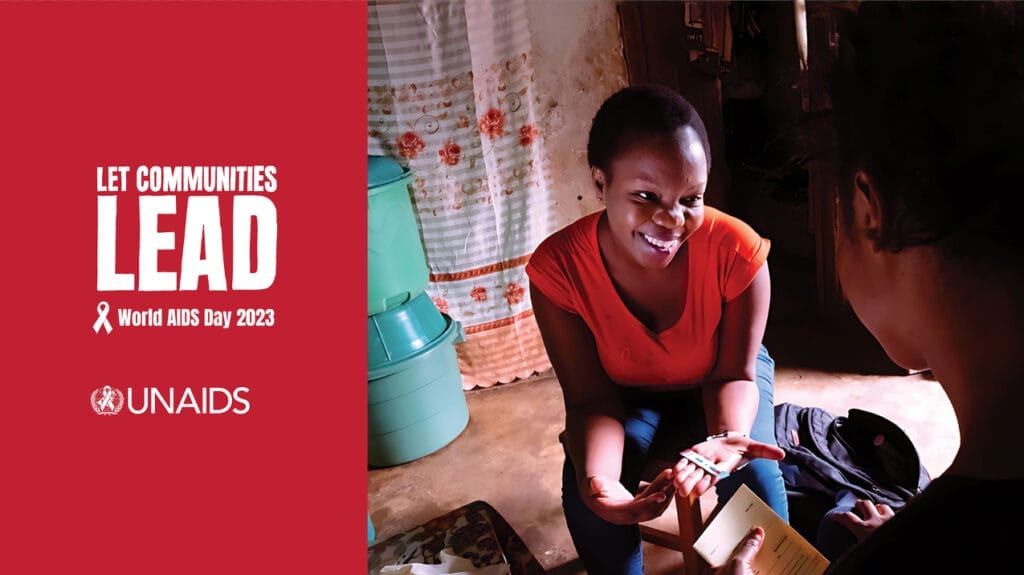
Uniting Communities: A Pivotal Force in Combating HIV/AIDS
By Betty Adera As we observe this year’s World AIDS Day, it is crucial to shine a light on persistent inequalities that continue to affect …
Read More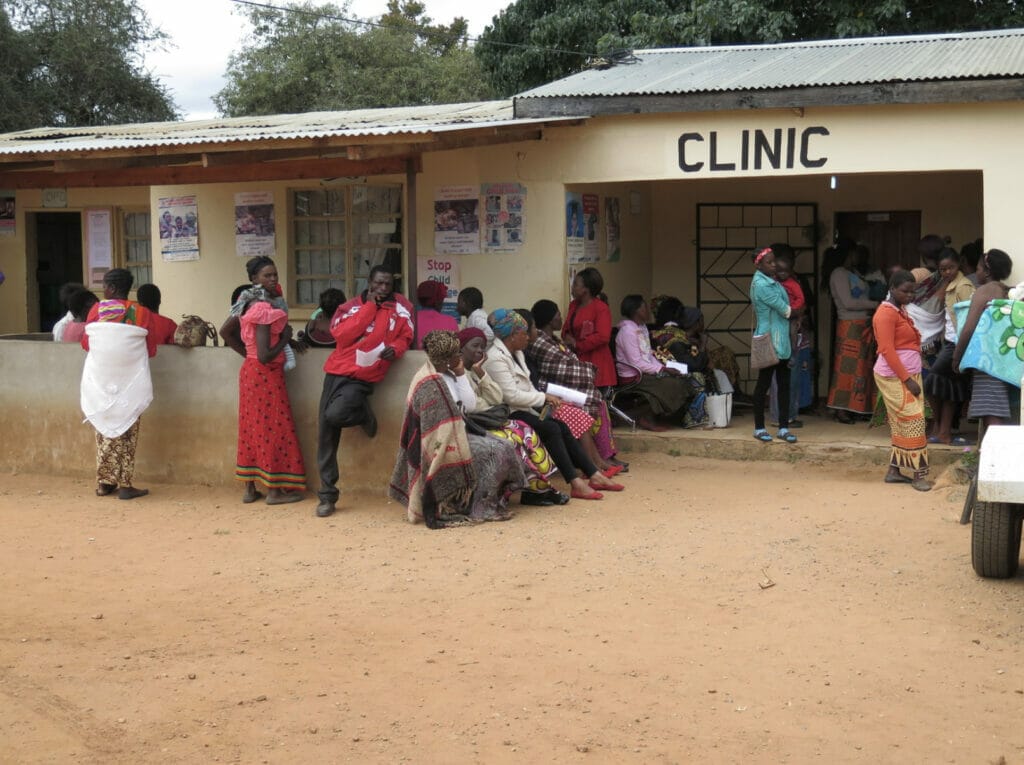
Ending the “Triple Threat” of Early Pregnancies, New HIV Infections and Sexual Violence among Adolescent Girls & Young Women
By Betty Adera A single act of sexual violence against women and girls can result in HIV infections and other sexually transmitted diseases, resulting in …
Read More
